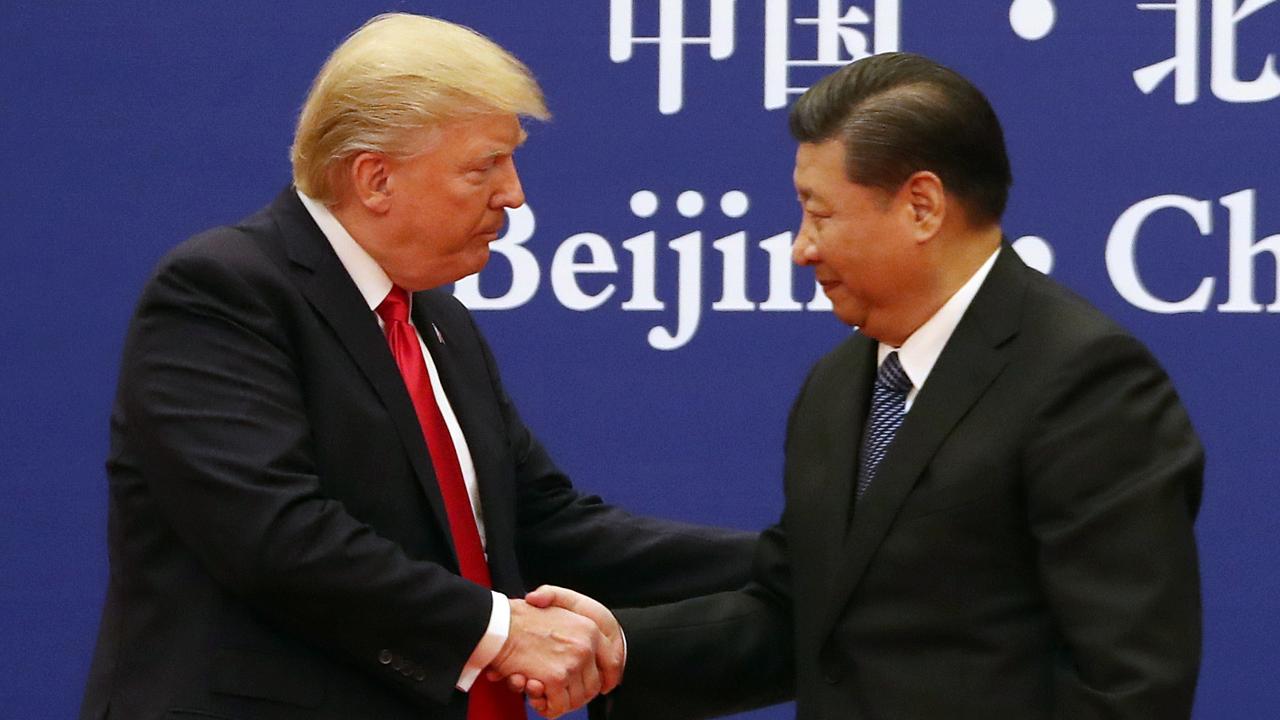China is running the clock in the U.S. vs. Brazil soybean battle
A major infrastructure project in the Americas show how differently China and the U.S. view the world. My belief is that the U.S. is looking at the world through a short term lens of tariffs and elections, while China is looking at a 25 year plan of becoming the dominant global power. And Chinese officials are already hard at work to make that happen.
China has agreed to buy some soybeans from our farmers, that have already had a $12 billion bailout. The only problem is the size of the buy is a disappointment, at least initially. China is only buying 1.5 million tons-which will barely move stock when China is the market for 60 percent of U.S. soybean exports and Chinese buying is down 90 percent year-over-year.
To give you some perspective on scale, China buys between 30-35 million tons a year from the U.S.
The problem comes not with what the Chinese are doing short term, it is what they are doing in Brazil despite President Trump’s staunch defending of U.S. farmers.
America’s biggest competitor for U.S. soybean production is Brazil, which has upped its soybean production 340 percent from 1977 to 2017 in the three Midwest regions of Mato Grasso, Matto Grasso do Sul and Goias. The 2017-2018 crop in Brazil is believed to be bigger than the U.S. by a small margin of 117 million tons to 116.5 million tons.
China has helped Brazil spend billions of dollars to build out the Northern Ports and to get these soybeans to market in a much more cost efficient manner. The landlocked three regions are now being opened for the direct purpose of competing with the U.S. for the soybean market and China is helping fund it. This is a game changer for Brazil.
Brazil soybeans have two distinct advantages and one huge disadvantage. The biggest advantage is a 3 percent bigger amount of protein (an average of 37 percent protein), which is important for cattle feed and it costs $1 less to produce. The disadvantage is the 1,300 miles to the southern ports for export, which has 30 percent higher transport costs compared to the U.S. because of Brazil’s poor infrastructure. Soybeans are mainly trucked the entire route.
The key point is China is planning to have a future where they won’t be buying soybeans from the U.S. unless they want to or they will no longer need to. The contracts we are losing for our farmers won’t be a one or two year blip, we could be losing them forever.
We must deal with Chinese theft of intellectual property, though no one is sure that tariffs are the solution. But while we are dealing with tariffs and trade wars, China is working quietly behind the scenes, building out critical infrastructure for our rivals to benefit themselves.
The “One Belt, One Road” initiative has been dismissed by some as not working. But America could be becoming weaker by ignoring what is going on right under our noses.
I believe China is merely “killing the clock” on this tariff war because they see this as a long game and their strategy is flying under the radar-to the detriment of long term economics in the U.S., unless we realize what is going on and choose to counter China's push.
John Layfield is FOX Business contributor and is the longest reigning WWE Champ in Smackdown TV history. Follow him @JCLayfield.




















